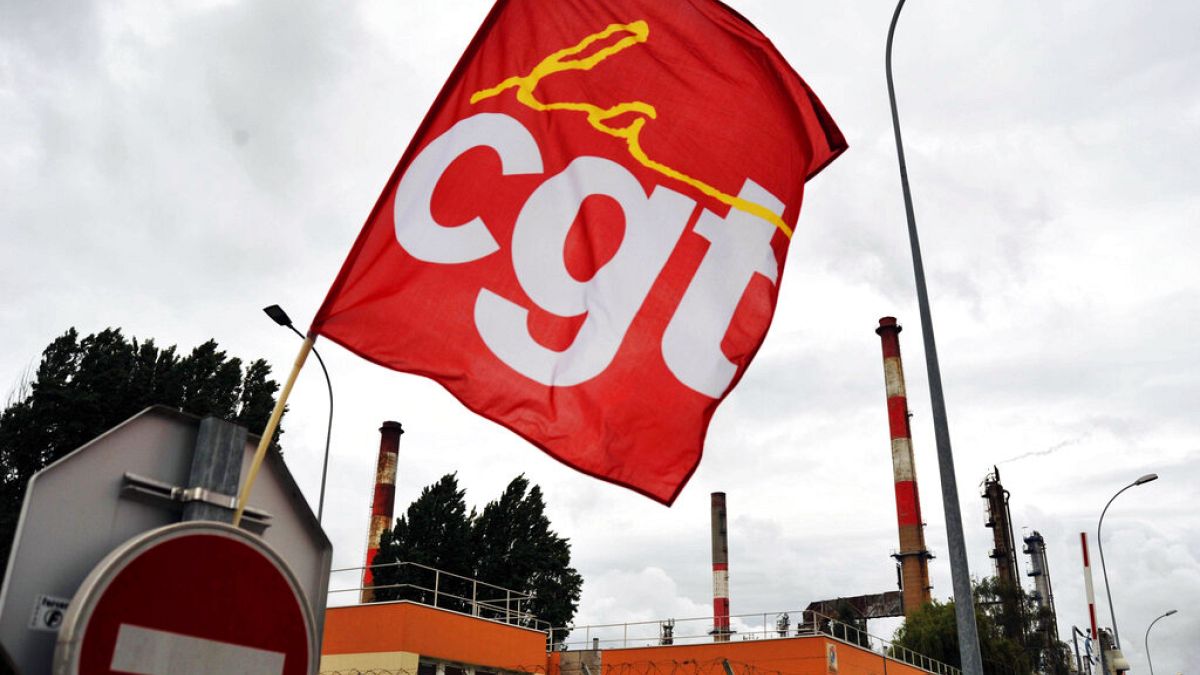This is confusing. We’re imposing tariffs because China subsidises their EV production in order to kill competition elsewhere and bring even more manufacturing there.
It is important to note that these are western European workers. For them the Chinese competition is largely irrellevant as their companies have been moving production to eastern Europe for a while now and they realize that their problem is structural.
All what the trariffs on Chinese EVs will do is conserve the status quo for European car makers a few more years, which doesn’t help western European workers at all.
Ah, right you are. I’m not sure EU common market can be reworked so that it doesn’t happen, at least without central fiscal policy and budget. Tariffs are still needed regardless unless we want to become dependent on our global adversary rather than Slovakia.
I guess the answer lies up the supply chain: Automakers have historically provided well-paid, cushy union jobs to their direct employees. However, that business model has increasingly depended on squeezing the supply chain. E.g. a relative used to work at a automotive supplier around 10 years ago — their blue collar workers got the 8.x€/h German minimum wage while employees at VW in the same region got 3x that plus an assortment of benefits.
At the same time, modern cars include a lot of electronics that aren’t even produced within the EU at all (and EV batteries are the worst bit here). Hence, European car manufacturers depend on products imported from China to create functionally and economically competitive cars. A trade war with China could upend that symbiosis.
(Fwiw, you’ll also notice that one of the union representatives at the end hints that they want government subsidies of some sort.)
Fwiw, you’ll also notice that one of the union representatives at the end hints that they want government subsidies of some sort.
That would be incompatible with EU common market although with the weight of France I guess rule bending is not out of question. This sounds like a viscous cycle though, trying to outspend China which has fiscal and monetary policy built entirely on stimulating domestic growth, at the cost of crazy capital controls.
There are lots of options for legal subsidies. Really, the only issue is whether you can legally specify that you only want to incentivize domestic production (like the IRA does in the US).
Just from my German context, I can name a couple of subsidies that have helped/are helping the car industry, particularly by making it a lot cheaper to own a (new) car:
- The “diesel privilege” boosts diesel cars for extremely dodgy environmental reasons (you need a bit less diesel to go the same way than petrol …). To this day, the tax on diesel is lower than on gas in Germany. (Dieselgate is the indirect outcome of this: It happened as German car manufacturers started trying to export their domestically opex-reduced diesel cars to countries where owning a diesel car brought no opex benefit, while those countries tightened emissions standards.)
- The “environmental incentive” was supposed to boost the automotive industry in 2009/2010 and allowed you to get paid for scrapping 9+ years-old cars.
- The “company car privilege” allows for very low taxes on employer-leased cars.
- The “environmental bonus” used to provide a subsidy for buying new electric/hybrid cars.
- The “greenhouse gas reduction quota” allows you to sell the “saved” CO2 emissions of your electric car every year.
- The “commuter’s lump sum” begets you income tax rebates if you use a car to travel to work.
Yes, that’s called protectionnism and there is nothing wrong about it.
I am wondering what the European automobile workers say about the slave-like working conditions of their peers in Xinjiang? The low prices of Chinese EVs are to a large extent possible because of such cheap forced labour, we must not forget that.
Also state subsidies.
Also not extracting profits for the shareholders (for now).
European cars could be much less expensive if the car makers weren’t required to make profits for their owners above all else.
Chinese companies have been focusing on their bottom line very much as companies elsewhere. They can rely on an ongoing stream of cheap labour, and, therefore, extremely low operating costs, as workers have no rights whatsoever.
Well, the EU determined otherwise
I wrote, “Chinese companies have been focusing on their bottom line very much as companies elsewhere. They can rely on an ongoing stream of cheap labour, and, therefore, extremely low operating costs, as workers have no rights.”
What has that to do with the EU?
It means that an organisation with more resources and presumably more competent experts than you have come to conclusions which differ from yours
Removed by mod
deleted by creator
As an addition to that, the Canadians have different view:
Protecting Canadian workers: CLC welcomes tariffs on Chinese imports – (Archived)
Canada’s unions are pleased with the government’s announcement to impose tariffs on Chinese imports, including a 100% tariff on electric vehicles and a 25% tariff on aluminum and steel, matching recent U.S. actions. Coming into force on October 22, this marks one of the most significant shifts in our supply chain in decades and it’s a necessary step in protecting Canada’s economy, our workers, and the investments we’ve already made in the electric vehicle (EV) industry.
deleted by creator





